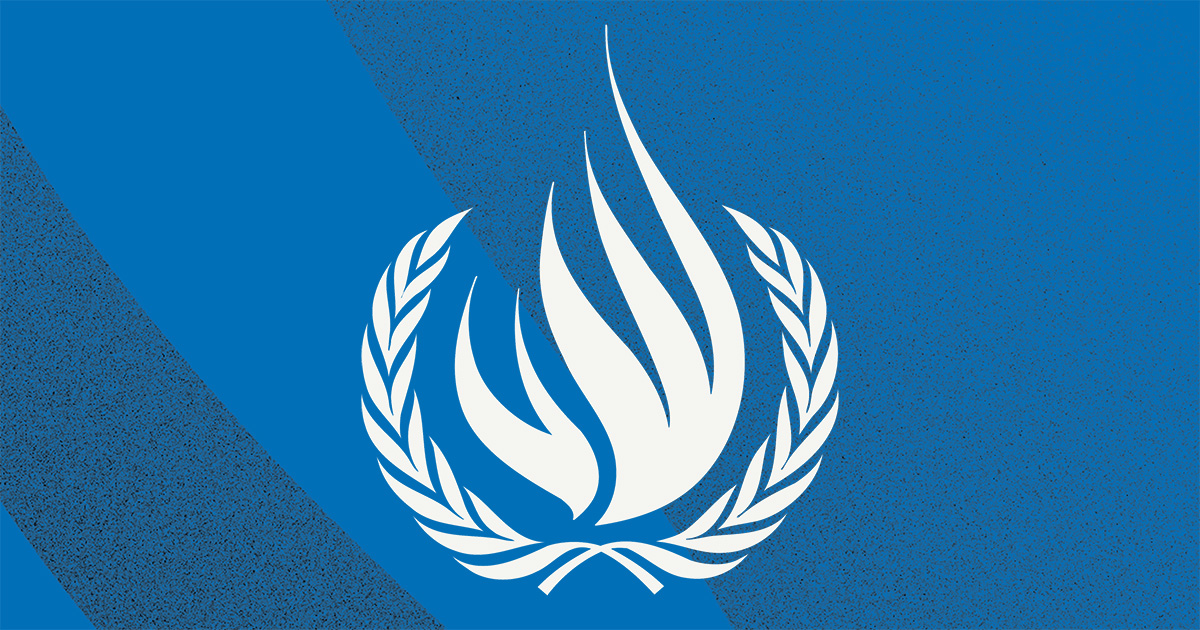
Psychology and behavior specialist says ‘times have changed and so has the way we bring up our kids’
JEDDAH: Should even light physical punishment of children be viewed as abusive? The answer to this question will vary from one person to another, depending on how the general public, especially parents, view this issue. The fact remains, however, that countless studies on child discipline have shown corporal punishment, even if just an affectionate smack or light spank on the bottom, to be detrimental to children’s physical and mental health.
This form of punishment has been severely frowned upon by pediatricians, psychologists and sociologists alike. For example, an internationally influential American professor of sociology, the late Murray Straus, warned parents against spanking their children and spoke of the long-term negative effects.
In 1979, Sweden became the first country in the world to ban corporal punishment, and neighboring countries like Finland, Norway and Austria soon followed suit. Today, around 54 countries have prohibited all forms of child physical punishment and some have even criminalized it.
Despite that, in many parts of the world, including the Middle East and Asia, the practice is still common, especially in the home. Many parents still firmly believe in its effectiveness in correcting children’s undesirable or potentially harmful behavior, such as when toddlers are tempted to stick their fingers in electric outlets. Advocates argue that such situations call for physical punishment given that it is difficult, if not futile, to try and reason with children so young.
At the other end of the spectrum, opponents of physical punishment point to the numerous studies showing that even the lightest forms of physical punishment can make children more aggressive and undermine the trust between them and their parents. The American Academy of Pediatrics issued a strong statement last year saying over 70 percent of American pediatricians agree that corporal punishment in the home can have harmful effects on a child.
Dr. Ahmad Almai, consultant child psychiatrist at Johns Hopkins Aramco Healthcare, advised parents to use a reward and punishment system, noting that rewards and punishments should be simple and age-appropriate. For example, a reward for good behavior can be “Good job” while for punishment it can be “I didn’t like what you did.” In behavioral science, it is called operant conditioning, Dr. Almai said.
The most important thing, Dr. Almai stresses, is consistency and patience; parents have to apply this method over and over again with the right facial expression and body language, and must be patient. Reward and punishment should be immediate — if parents promise their child something as a reward, they should do it now, not tomorrow.
“Hitting a child shows that you have failed as a parent because all you do is take out your frustration on the kid,” warned Dr. Almai, who is certified by the American Board of Child and Adolescent Psychiatry.
“If you hit your child lightly, he or she will get used to it and next time you will have to hit harder to make them respond to punishment. It is a slippery slope that should be avoided at all costs because it also teaches children that it is acceptable to hit their siblings and friends when they are angry with them.”
Parents should always ask themselves before using physical punishment, “What is the purpose of punishing a child?” The answer is to change his or her behavior to the better. His advice for angry parents is to walk away and let their other half talk to the child because it is difficult to make the right decision when one is angry.
Dr. Majed Qanash, a psychology and behavior specialist, recommends encouraging positive behavior in children as one of the best ways to correct misbehavior.
“Times have changed and so has the way we bring up our kids,” Dr. Qanash says. “Today, children want to know why they should not do something. Talking to your children and persuading them of rights and wrongs is a healthy approach and can go a long way in correcting misbehavior.” He also urges parents to try and be role models for their children, and to avoid exposing them to distressing situations such as marital disputes.








